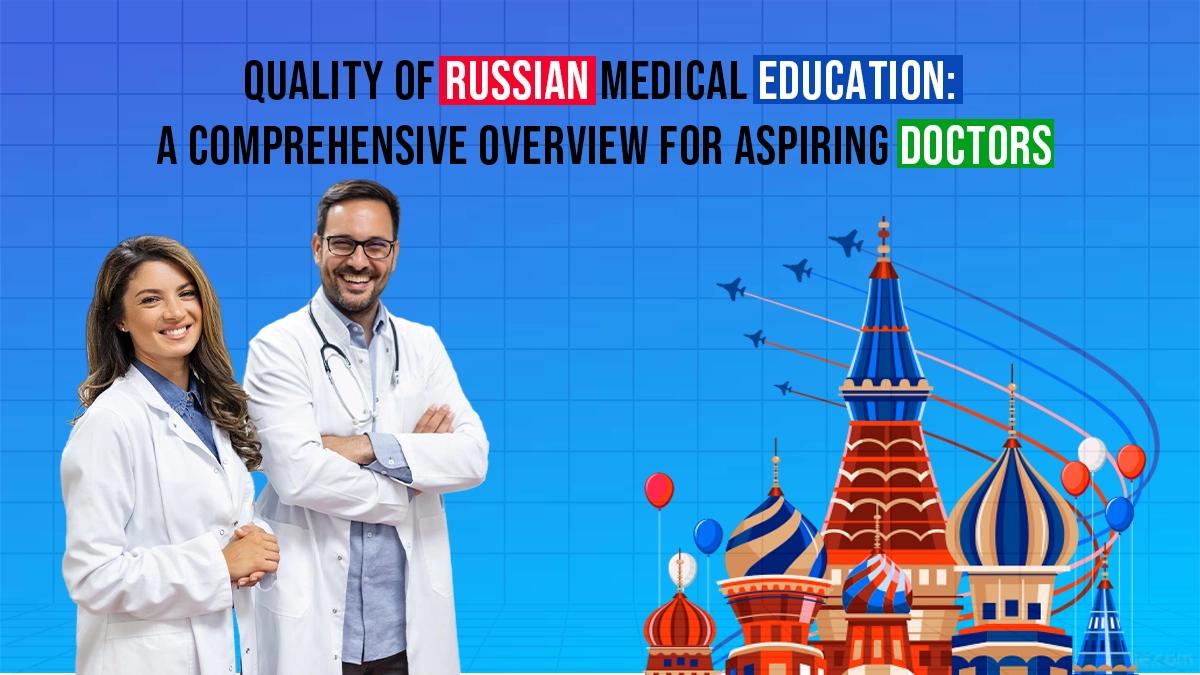Quality of Russian Medical Education: A Comprehensive Overview for Aspiring Doctors

Russia has long been a popular destination for aspiring medical professionals, with thousands of international students flocking to its renowned universities each year. The quality of Russian medical education is often praised for its rigorous curriculum, affordable tuition fees, and global recognition. In this article, we delve into what makes Russian medical education stand out and why it’s a viable option for those looking to pursue a career in medicine.
- Established Medical Universities
- Comprehensive Medical Curriculum
- International Recognition and Accreditation
- Affordable Tuition and Living Costs
- Multicultural Environment
Russia is home to some of the world’s oldest and most prestigious medical universities, such as Moscow State University and Saint Petersburg State University. These institutions boast a rich history of academic excellence and have produced numerous globally recognized medical professionals.
Why It Matters:
The long-standing reputation of these universities provides students with a solid foundation in medical knowledge, ensuring they are well-prepared for their future careers.
The curriculum at Russian medical universities is designed to be both comprehensive and challenging. It covers all aspects of medical education, from theoretical knowledge to practical skills. Students engage in clinical practice early on, gaining hands-on experience in hospitals and clinics.
Why It Matters:
This approach ensures that graduates are not only knowledgeable but also skilled in real-world medical practice, making them highly competent professionals.
Russian medical degrees are recognized by major global health organizations, including the World Health Organization (WHO) and the Medical Council of India (MCI). Many Russian universities are also listed in the World Directory of Medical Schools.
Why It Matters:
International recognition allows graduates to practice medicine in various countries, providing them with global career opportunities.
Compared to Western countries, the cost of medical education in Russia is significantly lower. This includes both tuition fees and living expenses, making it an attractive option for students from diverse economic backgrounds.
Why It Matters:
Affordable education means that students can pursue their dreams without the burden of excessive debt, making it easier to focus on their studies.
Russian medical universities attract students from all over the world, creating a multicultural and diverse environment. This exposure to different cultures and perspectives enhances the educational experience and prepares students for global medical practice.
Why It Matters:
A multicultural environment fosters open-mindedness and adaptability, key traits for medical professionals who will work in diverse settings.
Conclusion
The quality of Russian medical education is evidenced by its rigorous curriculum, global recognition, and the success of its graduates. For those aspiring to become medical professionals, studying in Russia offers a well-rounded education at an affordable cost, with the added benefit of international exposure. Whether you aim to practice medicine in Russia or abroad, a Russian medical degree can be a significant stepping stone in your career.